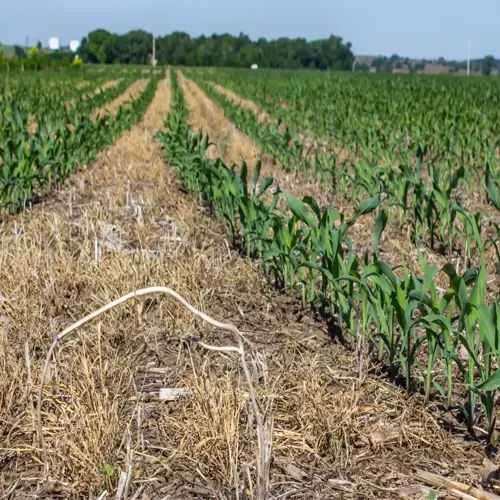Are wood-based alternatives bad for soil nitrogen?

Written by
Michael Sullivan
Reviewed by
Prof. Martin Thorne, Ph.D.Wood-based alternatives provide a temporary reduction of nitrogen availability while microorganisms work to decompose the carbon-rich material. The length of this "nitrogen robbery" is usually 4-8 weeks and can cause stunted growth of plants if not managed properly. I have been able to revive client gardens where fresh wood chips had turned their tomato plants yellow by adding blood meal, within 10 days or less.
Aged Wood Chips
- Compost chips 6-12 months before use
- Achieve C:N ratio below 30:1
- Turn pile monthly for even decomposition
Blood Meal Application
- Apply 1 cup per cubic yard of chips
- Reapply every 6 weeks during decomposition
- Water thoroughly to prevent root burn
Compost Blending
- Mix 1 part manure with 3 parts wood chips
- Use vermicompost for container gardens
- Test soil N levels biweekly initially
Prevent the loss of nitrogen through theft by putting as many aged chips as possible (as the chips are somewhat artificial) underneath the compost layer of vegetable lasagna gardens. A recent client had a bumper crop of zucchini using this method, utilizing 2 inches of compost over a 4-inch layer of pre-composted oak chips. Soil tests demonstrated that soil nitrogen remained stable across the first three weeks of planting.
Container gardens require careful balance. I sterilized 1 part fresh chips to 2 parts worm castings for the houseplants. Watch for lower leaves turning yellow; my fiddle leaf fig (Ficus lyrata) started recovering after 14 days after using fish emulsion (2 tbsp/gal water) because it went through a nitrogen dip when I first put it in with the worm castings.
Read the full article: 8 Peat Moss Alternatives for Healthier Gardens

